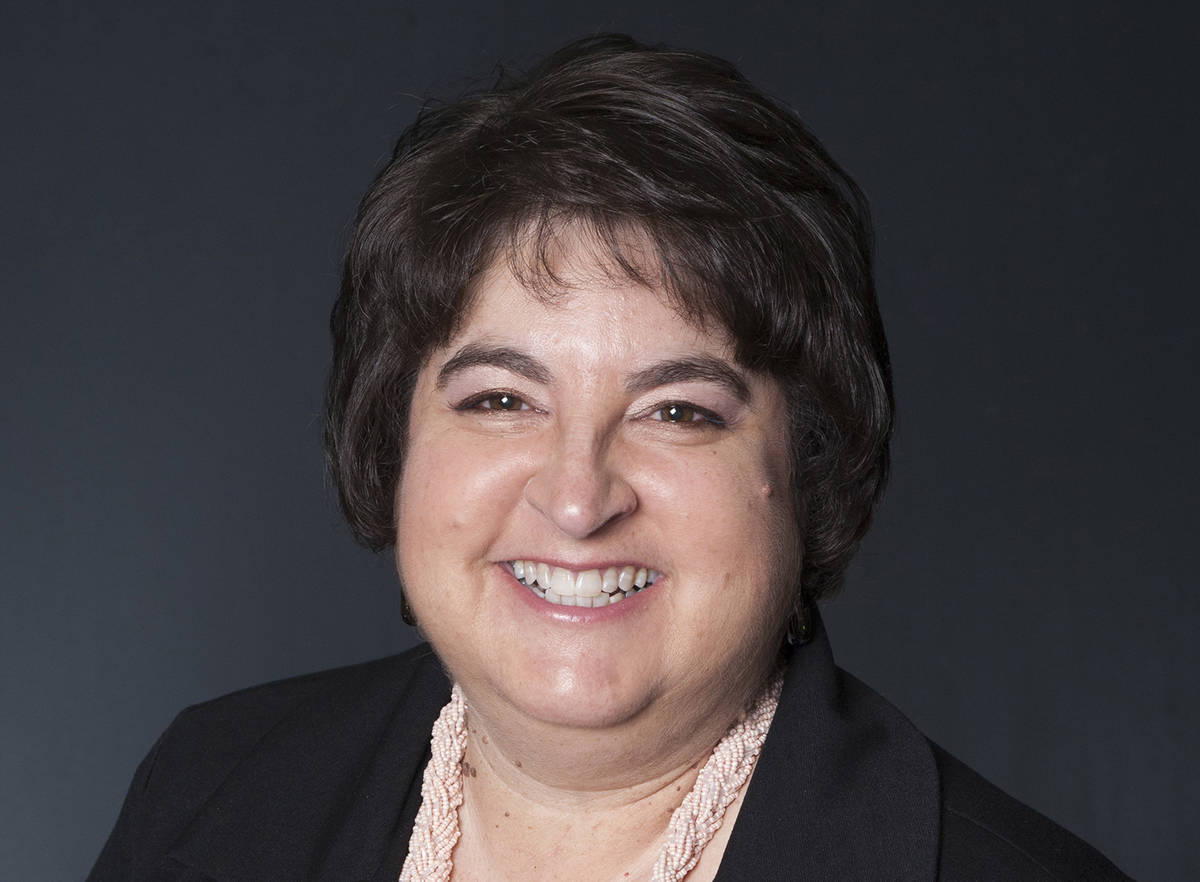Appointment raises questions
Last week, City Council members terminated the employment contracts for City Manager Al Noyola and City Attorney Steve Morris.
Unfortunately, the working relationship between the staff and council members wasn’t working and changes needed to be made.
Yesterday, they appointed Community Development Director Michael Mays as the interim city manager and Brittany Walker as the interim city attorney.
The question that now arises is how these changes will benefit the city.
Sure, there were a lot of ill feelings between the former staff members and the current council members. They said they lost trust in the two men’s ability to guide the city in the right direction. That may very well be the case.
We, here at the Boulder City Review, didn’t think Morris was the right person for the job when he was hired. And yet, like an election where your preferred candidate doesn’t win, sometimes you just have to find a way to accept the results and move forward.
That’s not always easy to do.
If you look at the history between Mayor Kiernan McManus — the only one who was part of the council when they were hired — and the two former employees, you can see he was never happy with their selection. And it makes you wonder if that was part of the underlying reason why they were fired.
We certainly don’t take issue with his reasons for not voting for their contracts in the first place. He said there were certain provisions that he couldn’t support and didn’t think they had the city’s best interests in mind.
At the time, concerns were raised about the two men’s salaries, which were significantly higher than their predecessors. And yet, those stepping into the roles temporarily will be receiving the same high salary.
One of the reasons cited for hiring Morris, in particular, and paying him a base salary of $170,000, was his experience as the assistant city attorney. According to her resume, Walker doesn’t have any experience as a city attorney. In fact, she has very little experience as an attorney, having only earned her law degree in May 2017.
For the past two years, her work has been focused on helping clients, which, to be fair, did include local governments and government agencies, with regulatory guidance and compliance relating to energy, environment and natural resource issues. She also worked with legal matters pertaining to the open meeting and public records laws.
She may be a very good lawyer, but that’s difficult to say at this point in time.
There also were complaints of cronyism when Morris was hired. Here, with Walker’s appointment, it seems to be cronyism at its worst. She was a guest of the mayor at the Oct. 13 meeting when Morris’ employment was terminated, was already making her case for being hired and thanked council members for the recommendation to hire her. She also vowed to uphold provisions of the city’s charter nearly verbatim to the ones council members felt Morris failed to follow.
She mentioned a working relationship with McManus through the Regional Transportation Commission of Southern Nevada, where he is a board member and she served as a law clerk and associate counsel, representing the commission at the state Legislature.
Her abilities also were touted by Councilman James Howard Adams.
We applaud the council for putting Mays into the city manager’s role as he has demonstrated his knowledge of municipal operations and a great deal of community spirit since joining the staff in September 2017.
We will give Walker the benefit of the doubt that her lack of experience will be outweighed by her education.
We can only hope that when it comes time to hire the permanent city attorney and city manager that council members have conducted a thorough search and selected the most qualified candidates who will truly put the city and its interests first.
Hali Bernstein Saylor is editor of the Boulder City Review. She can be reached at hsaylor@bouldercityreview.com or at 702-586-9523. Follow @HalisComment on Twitter.





